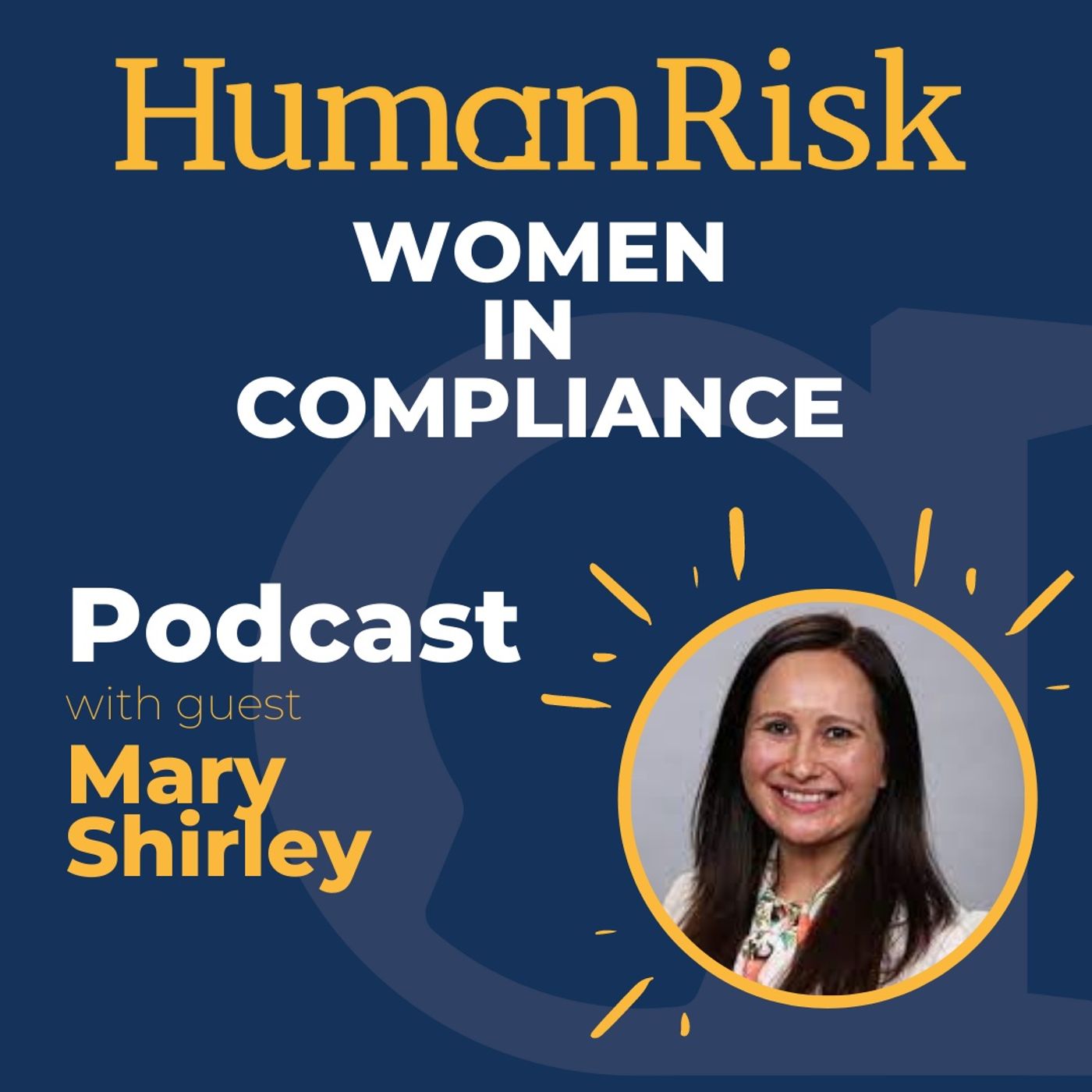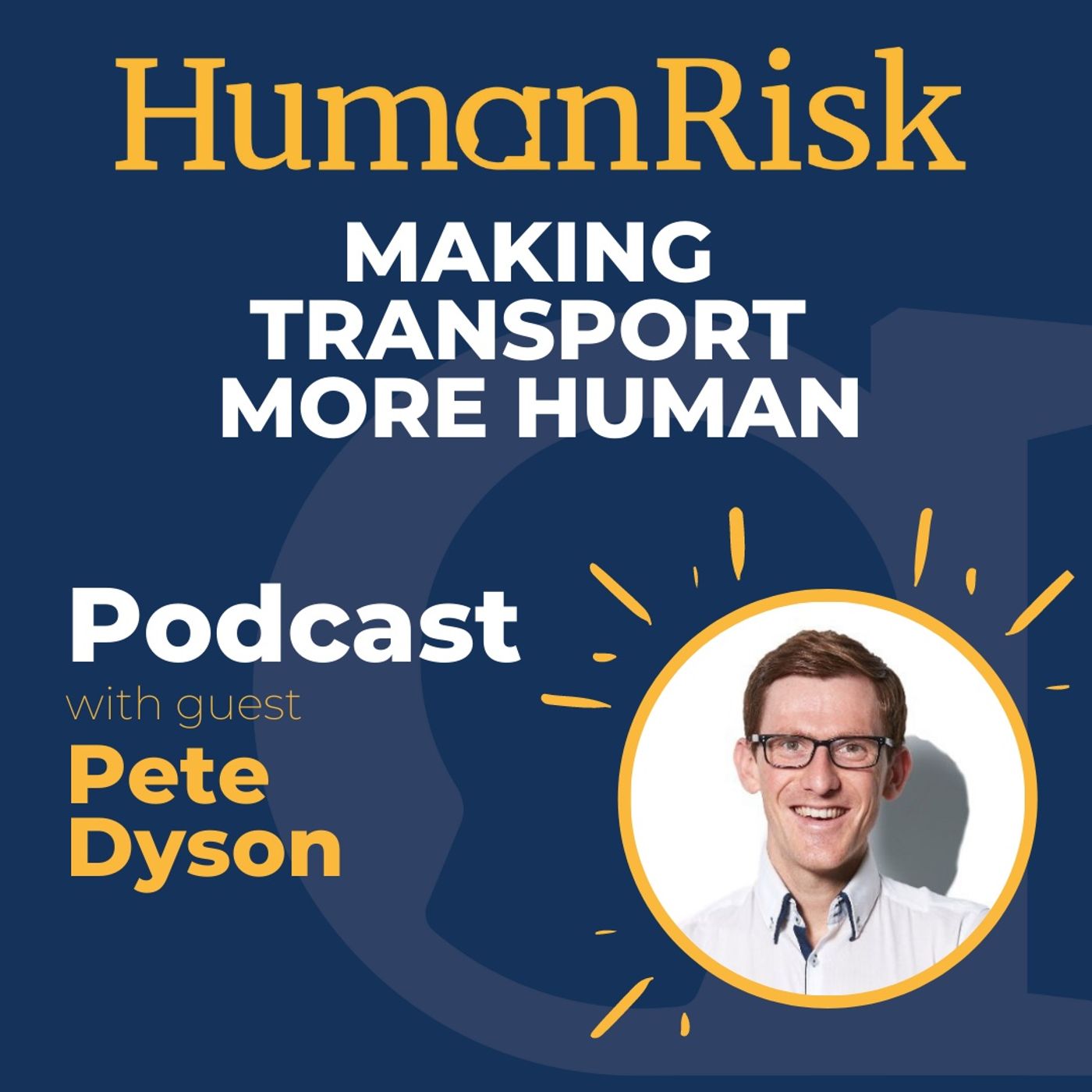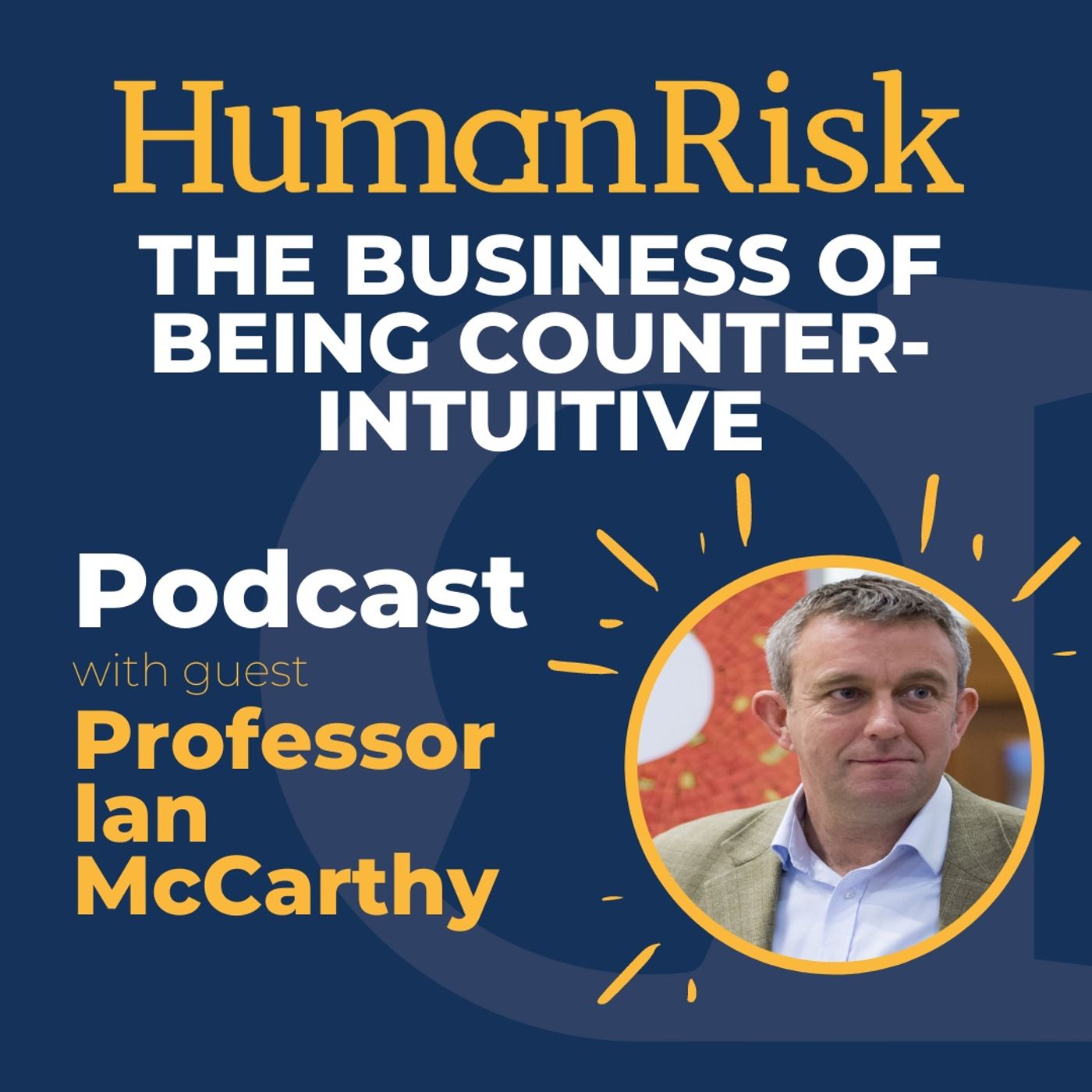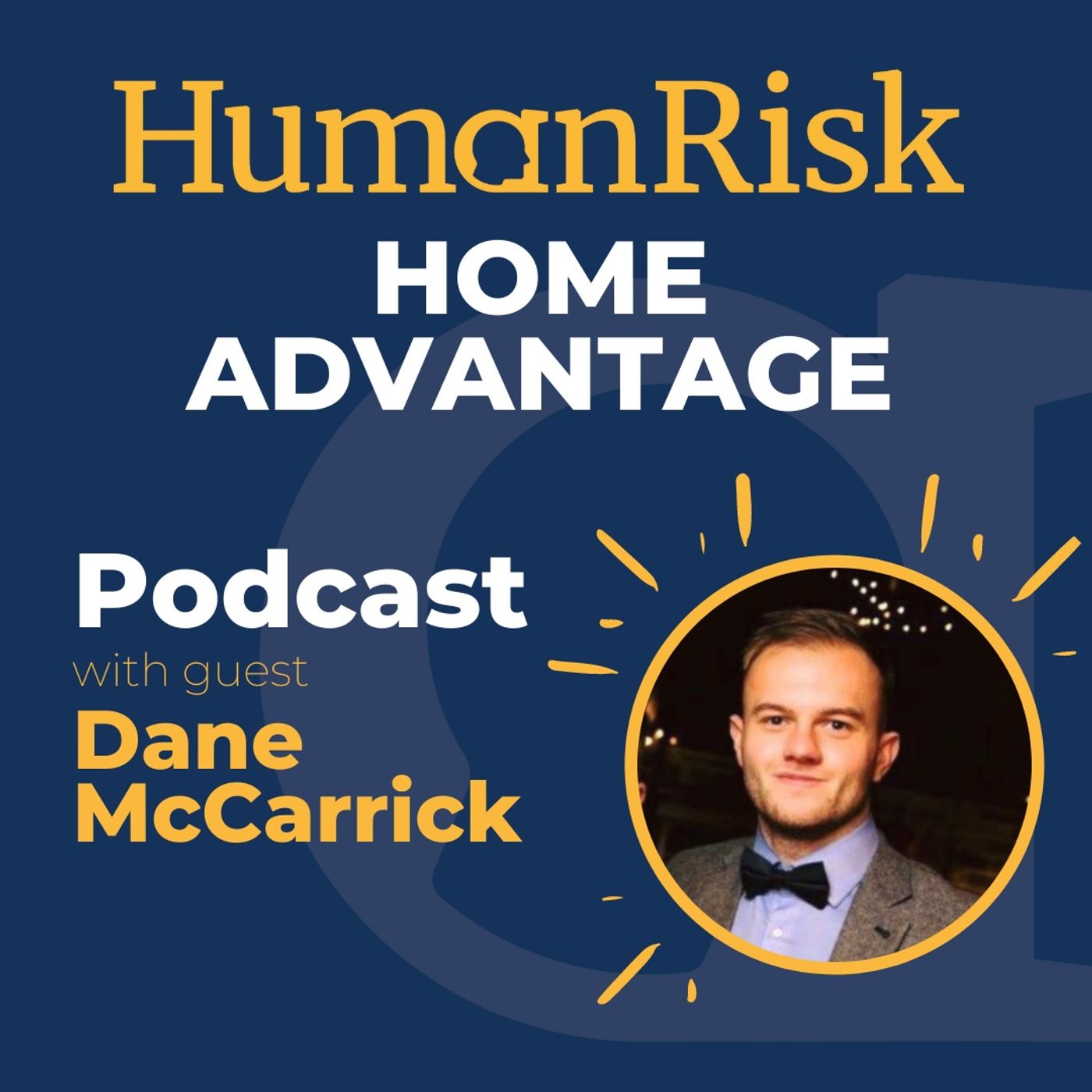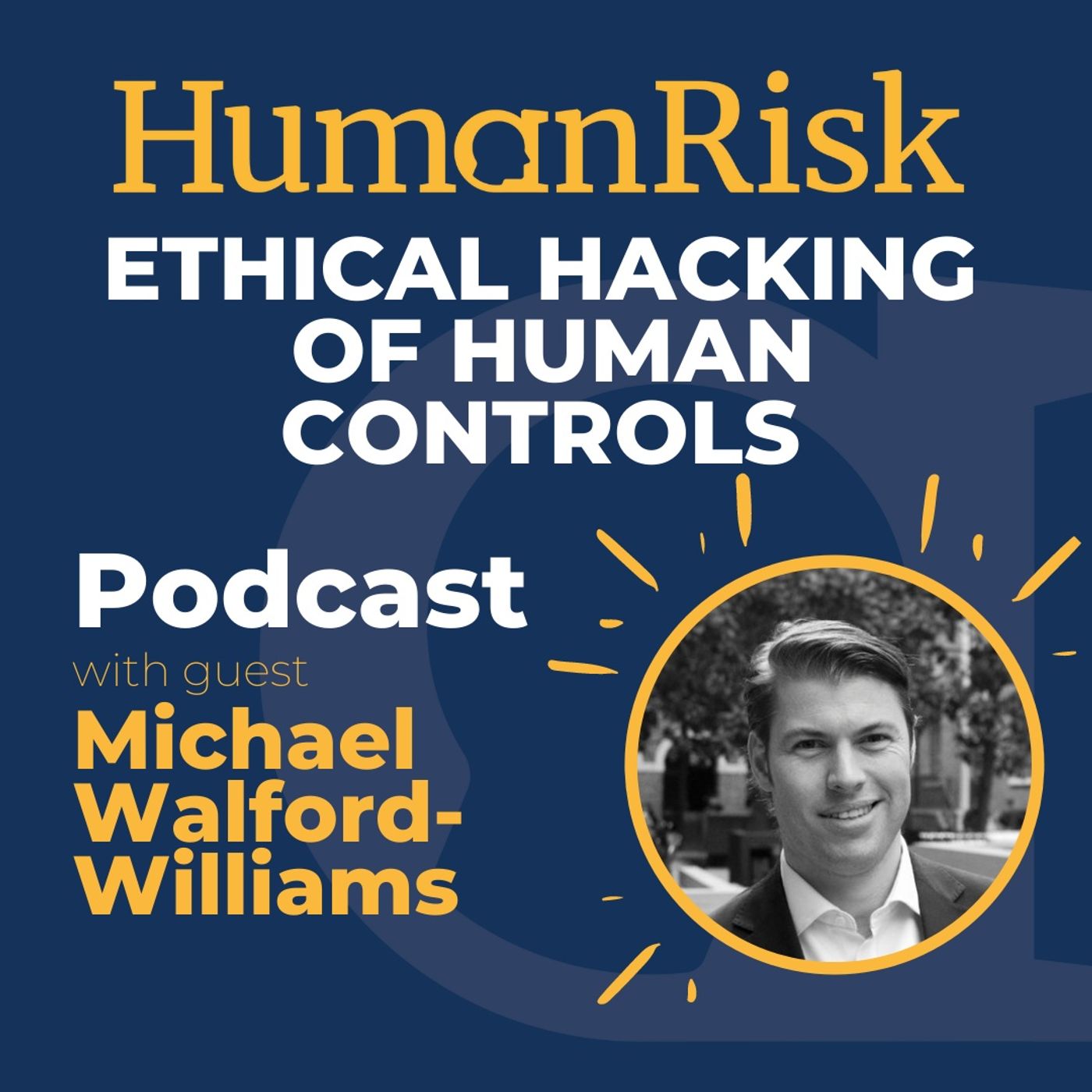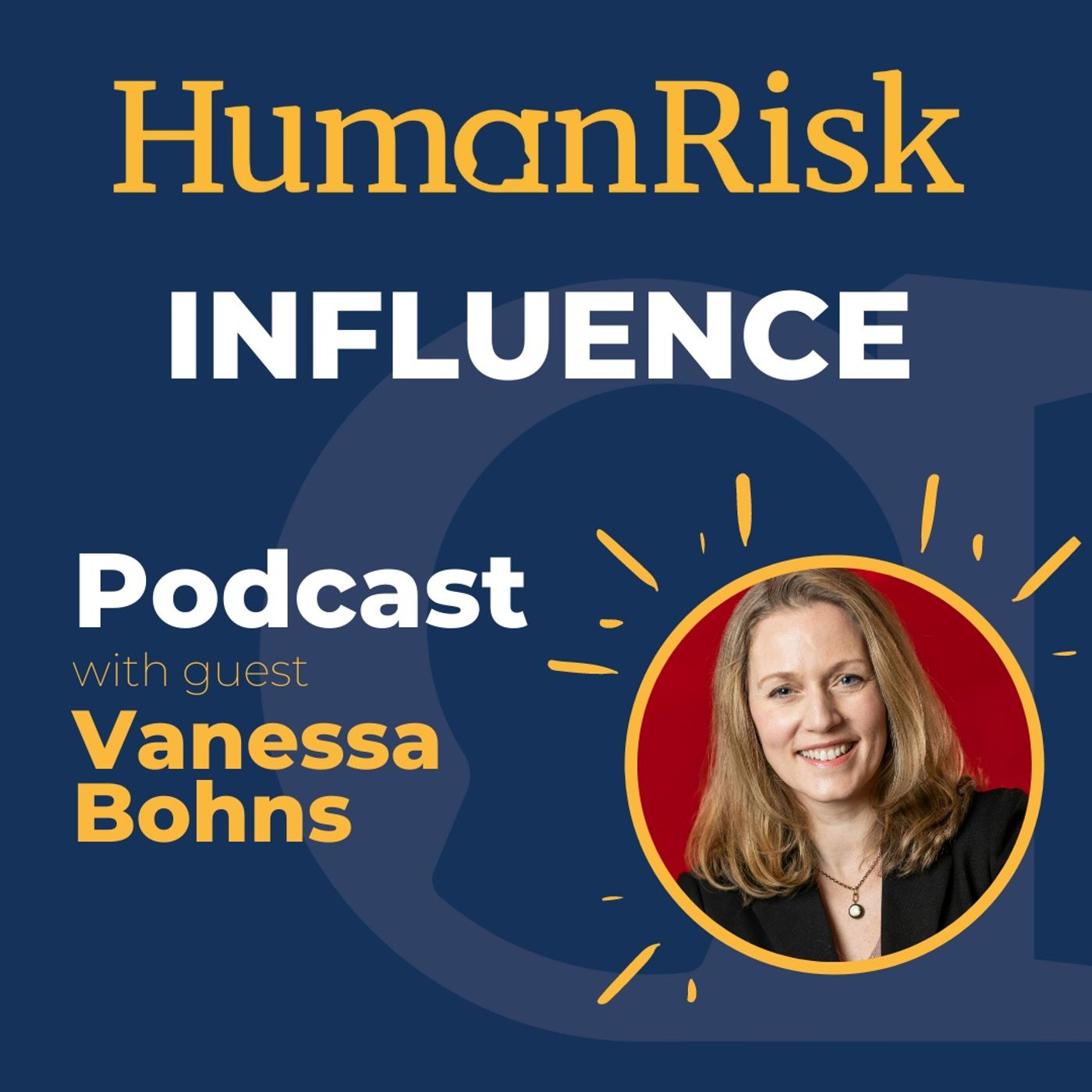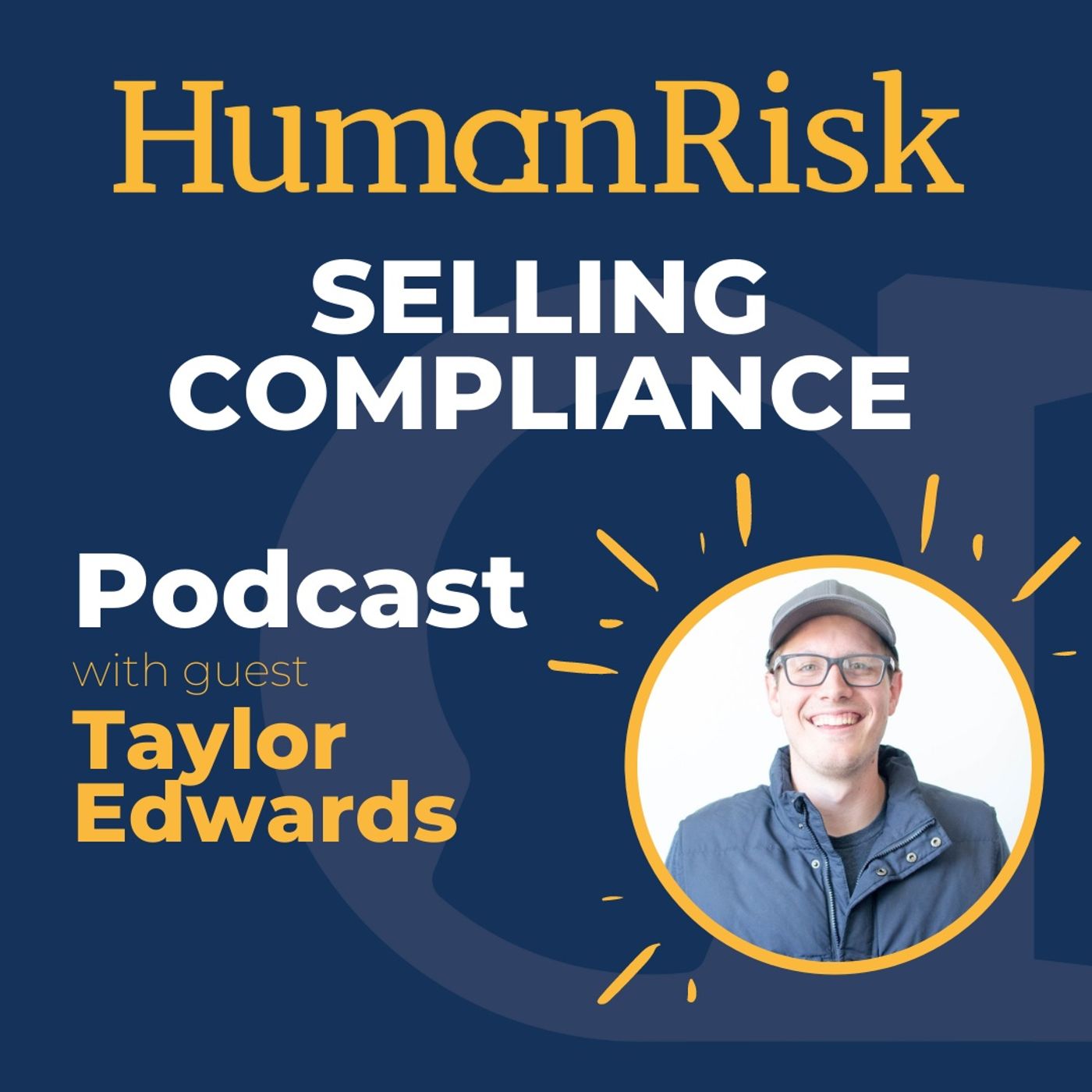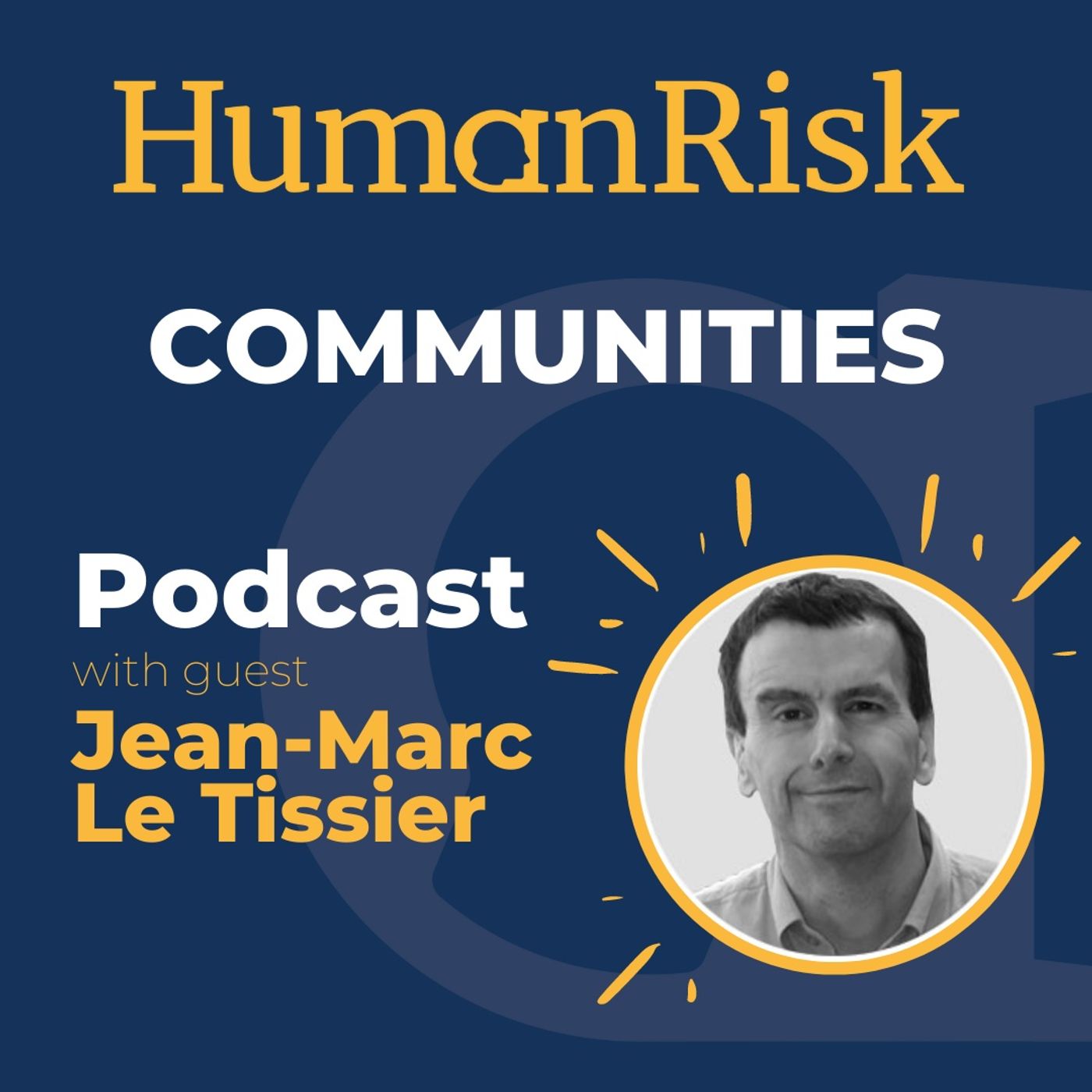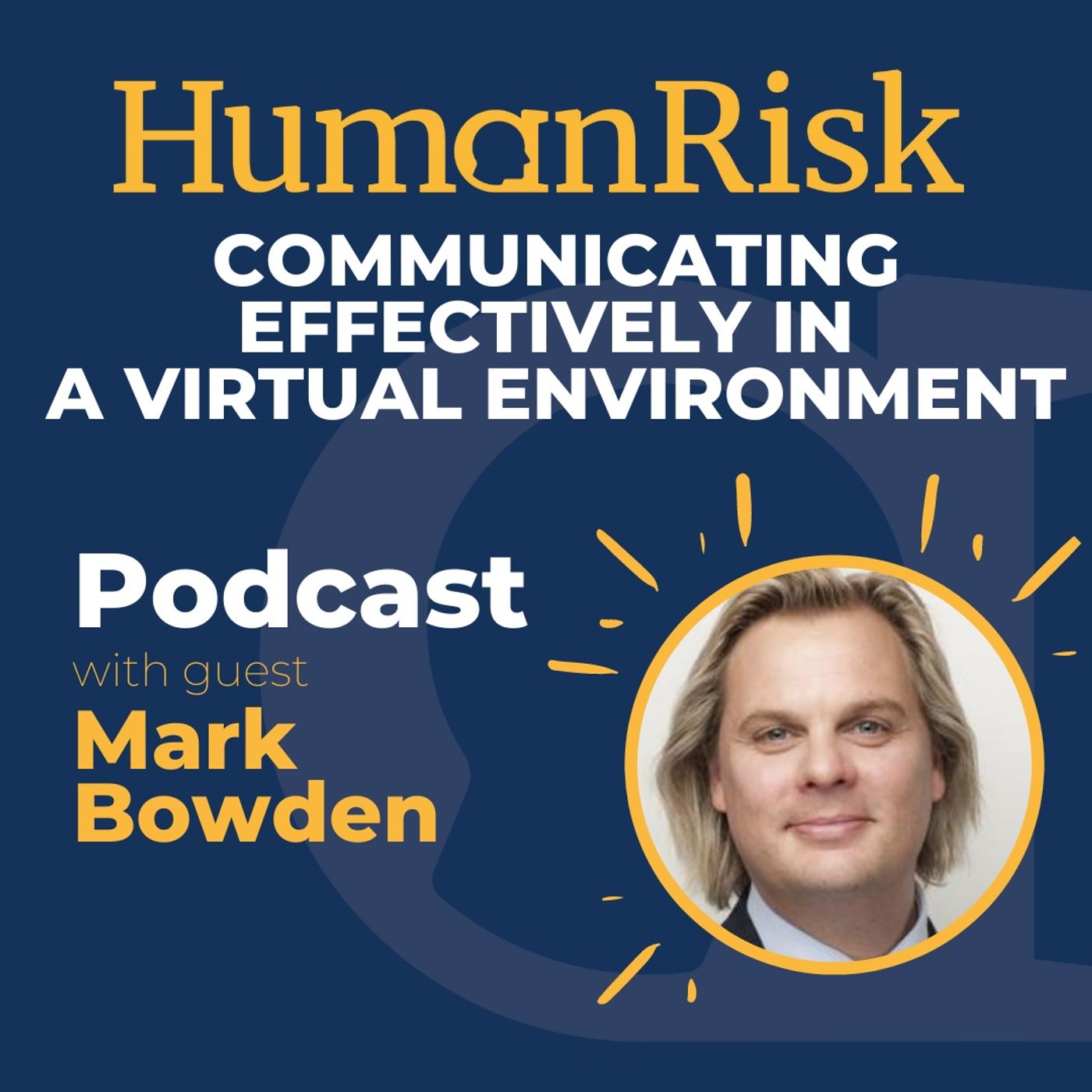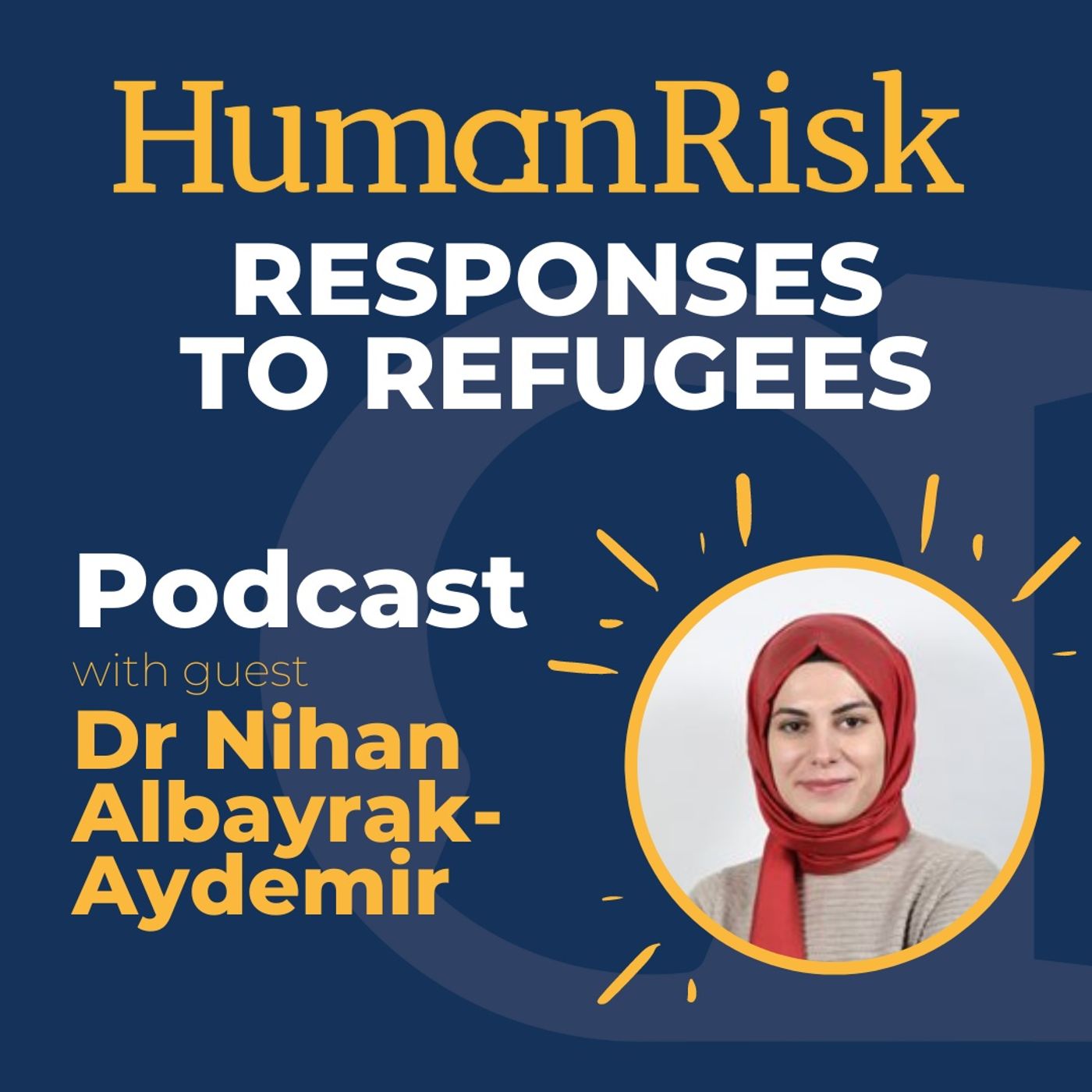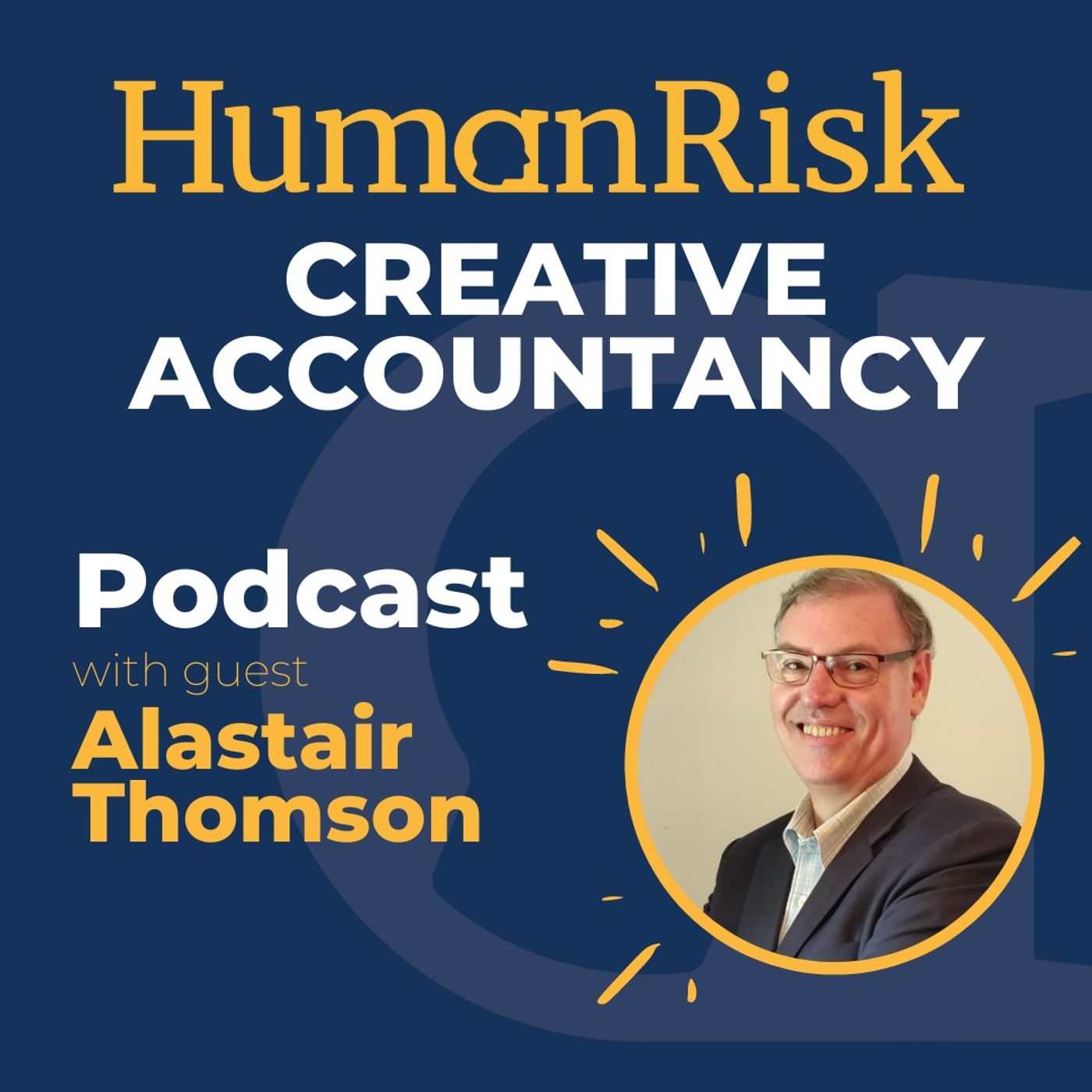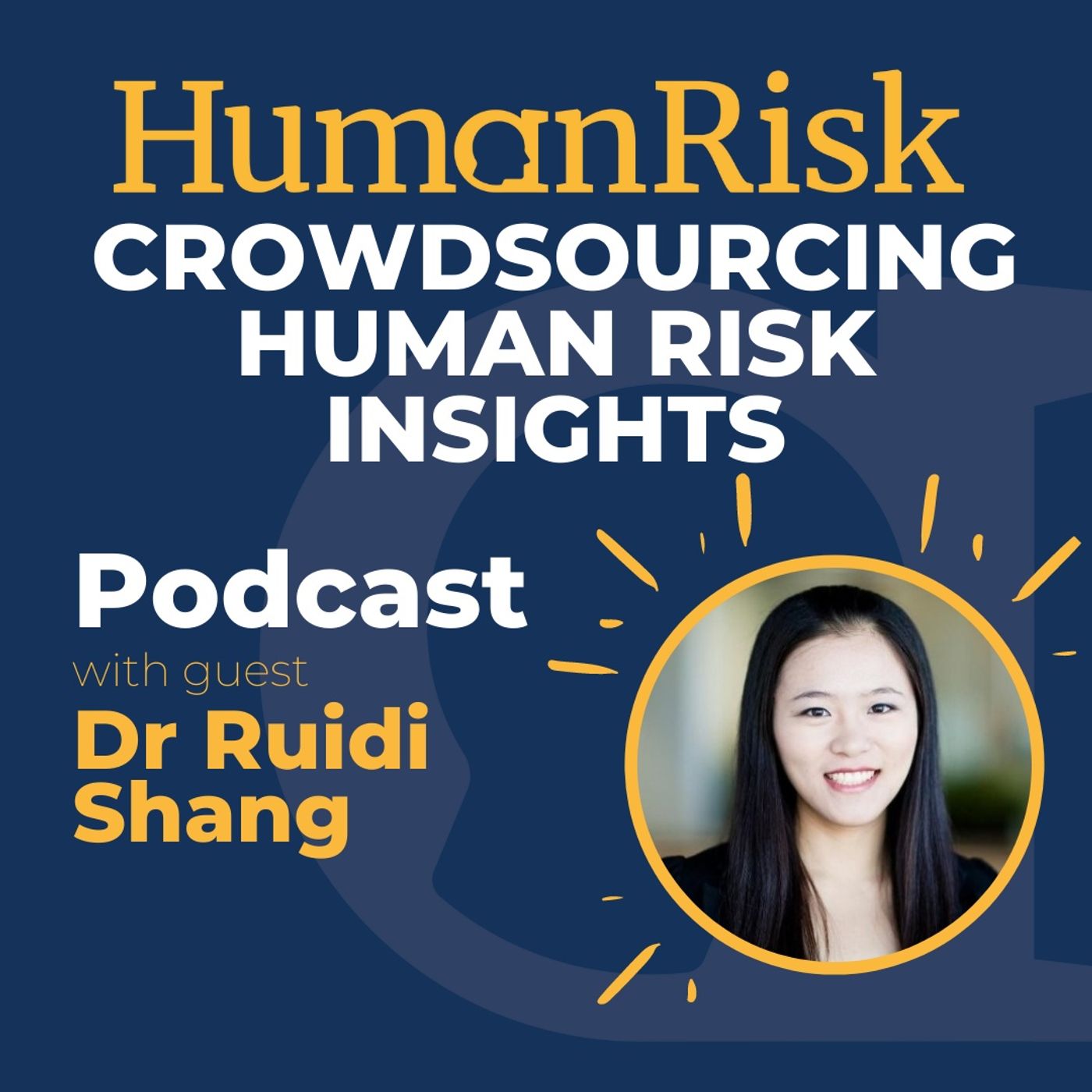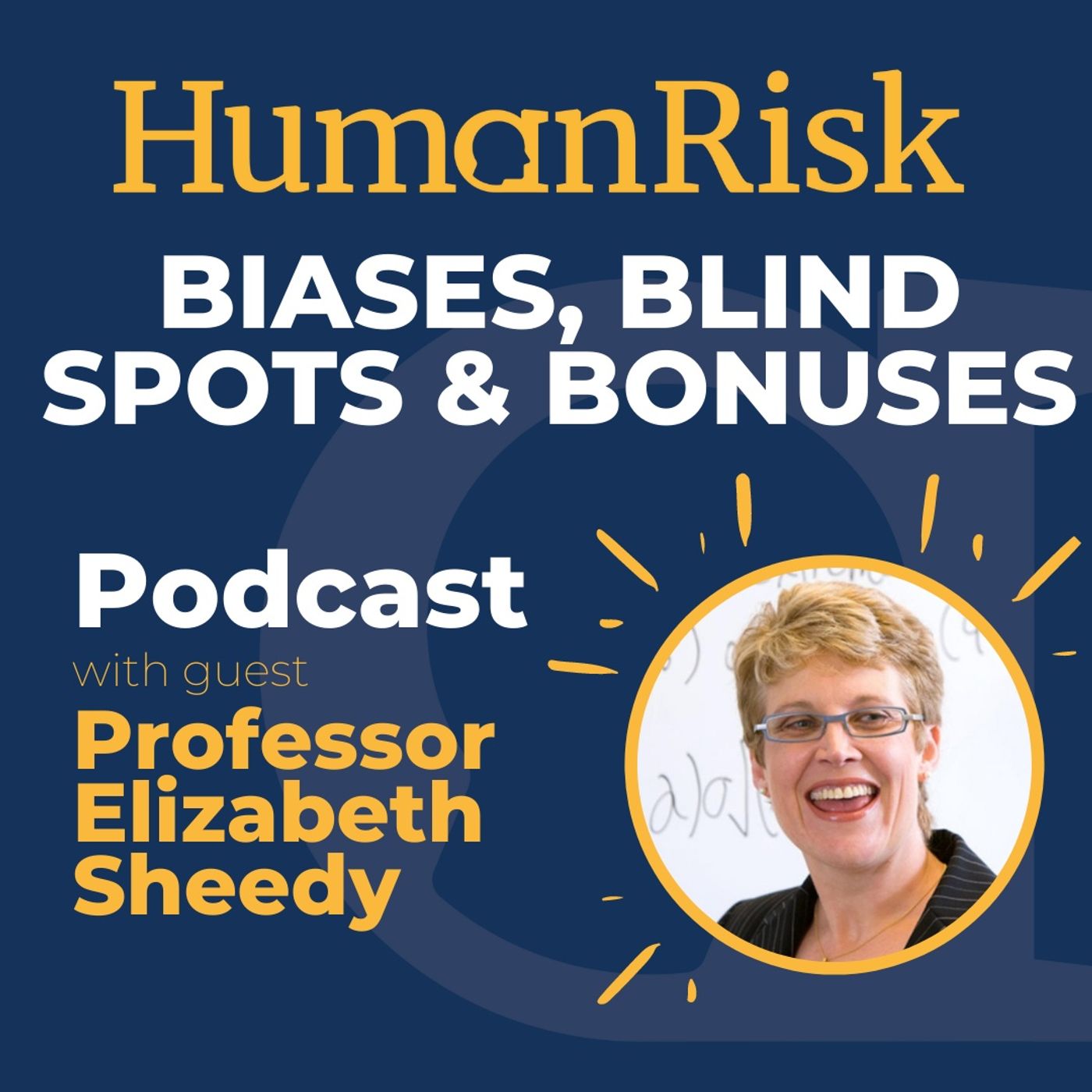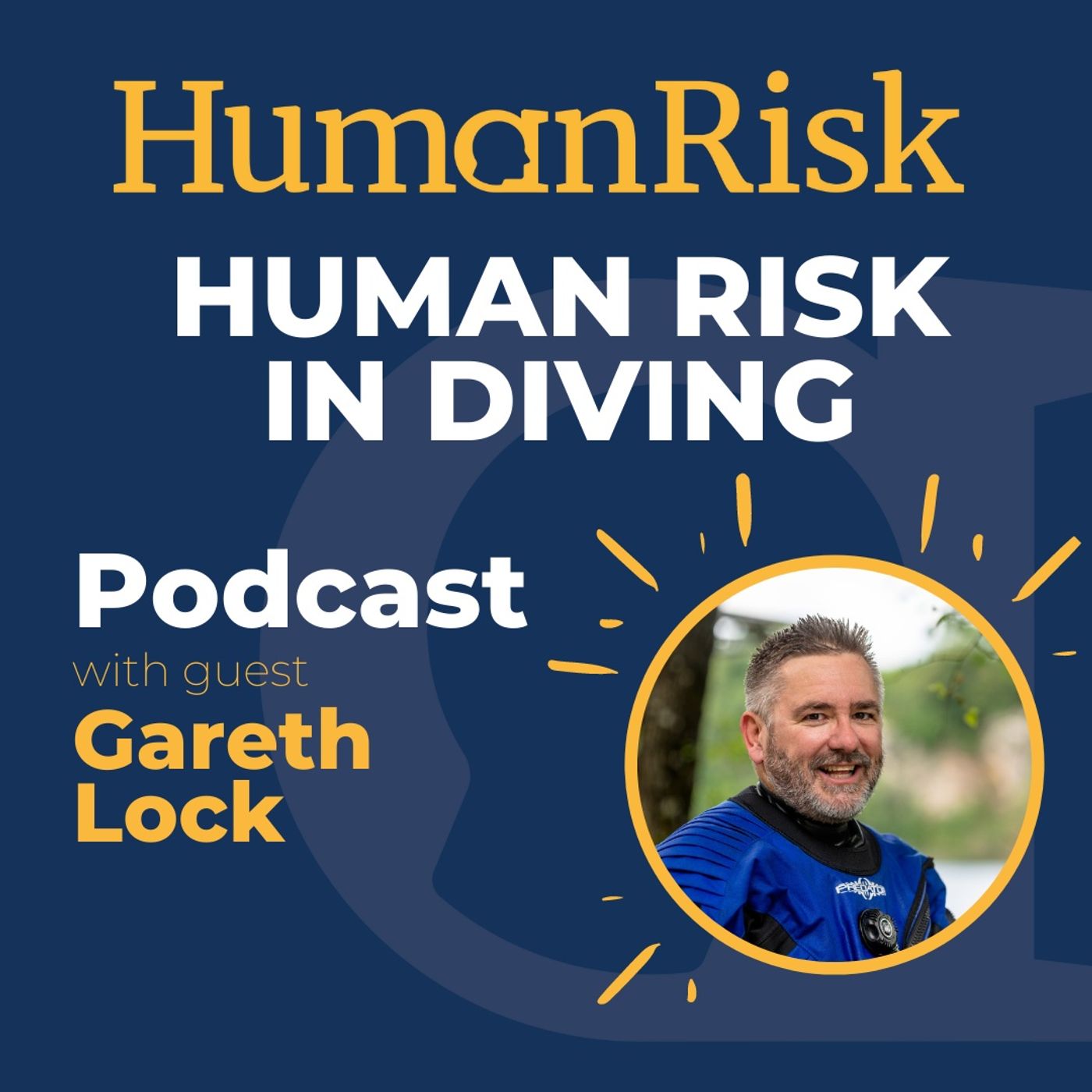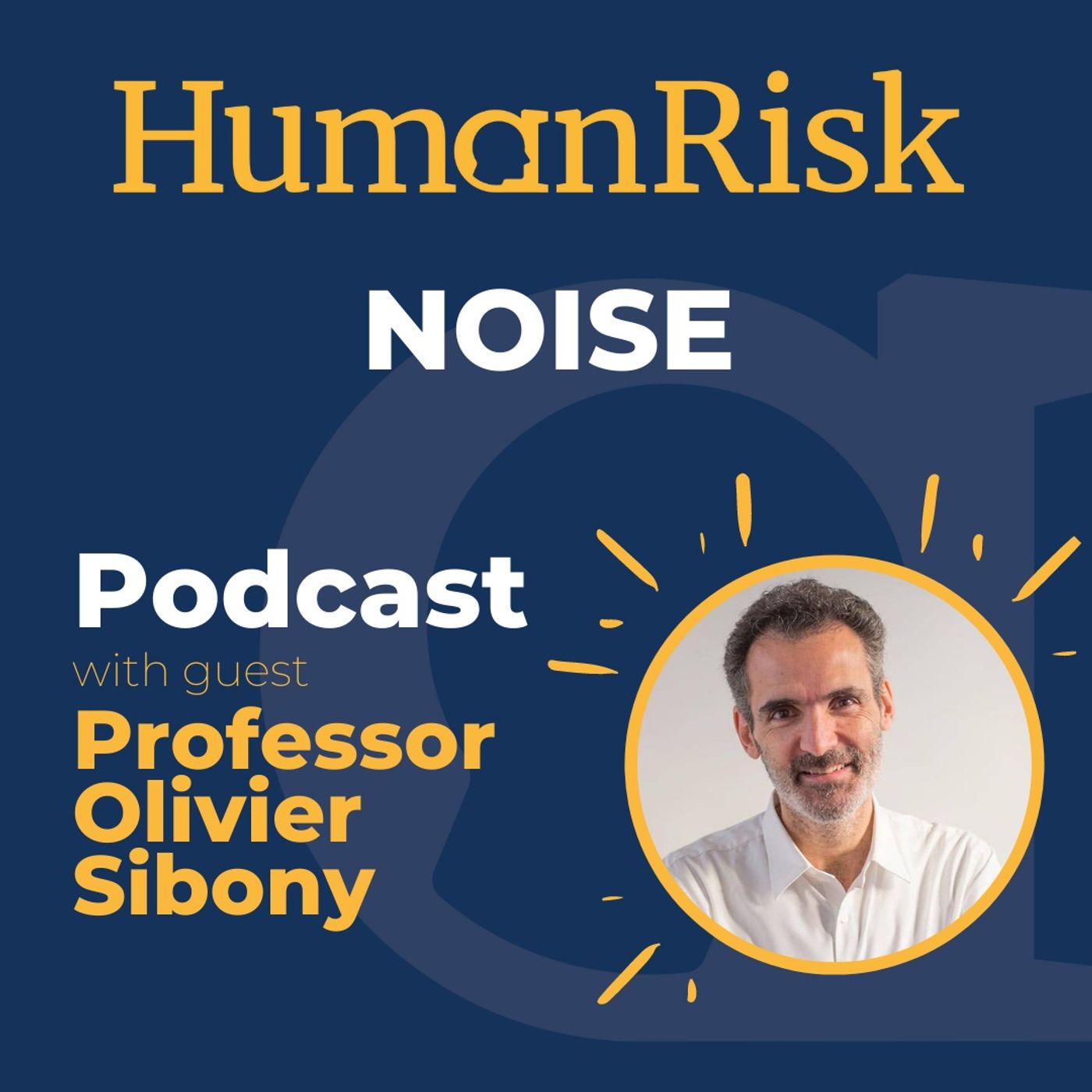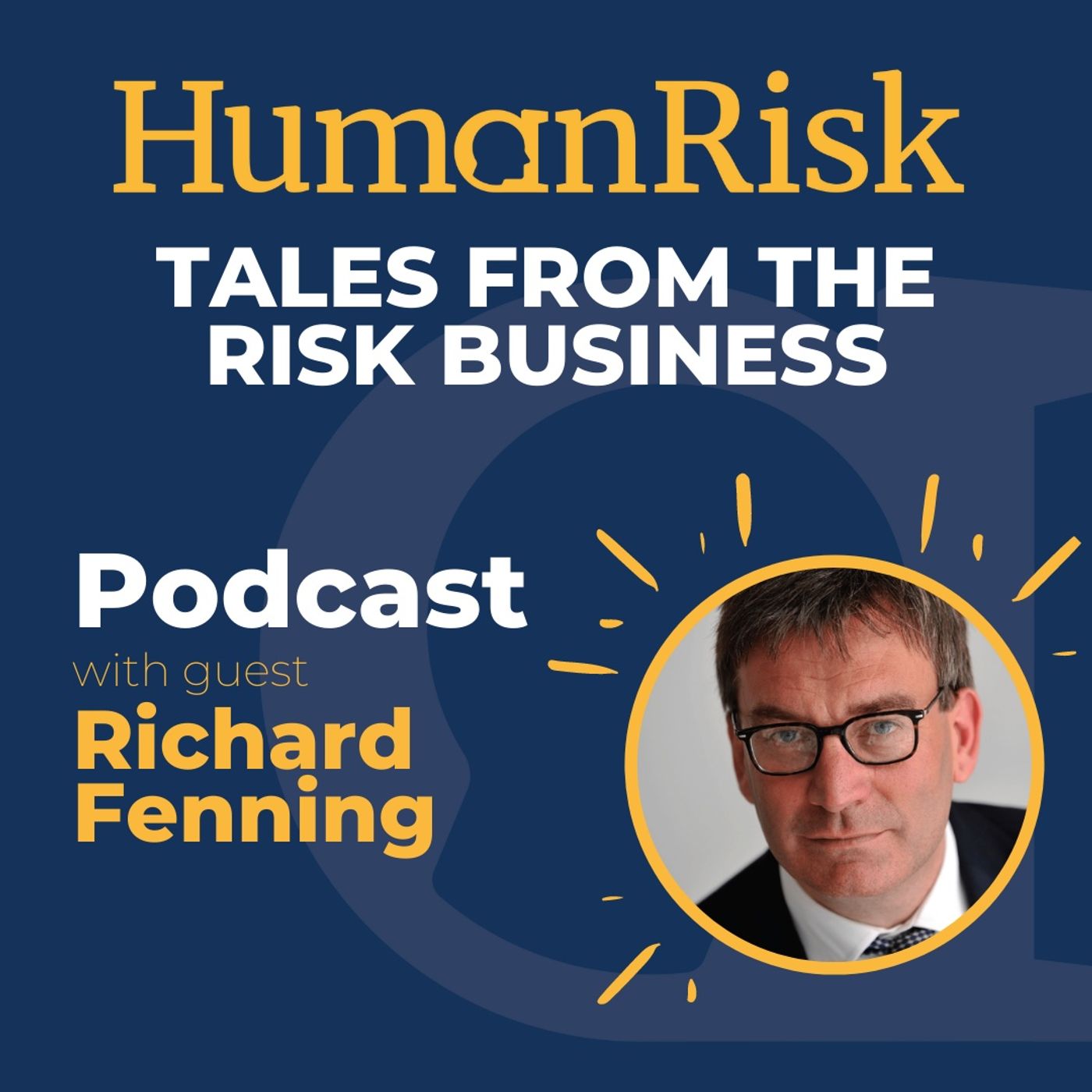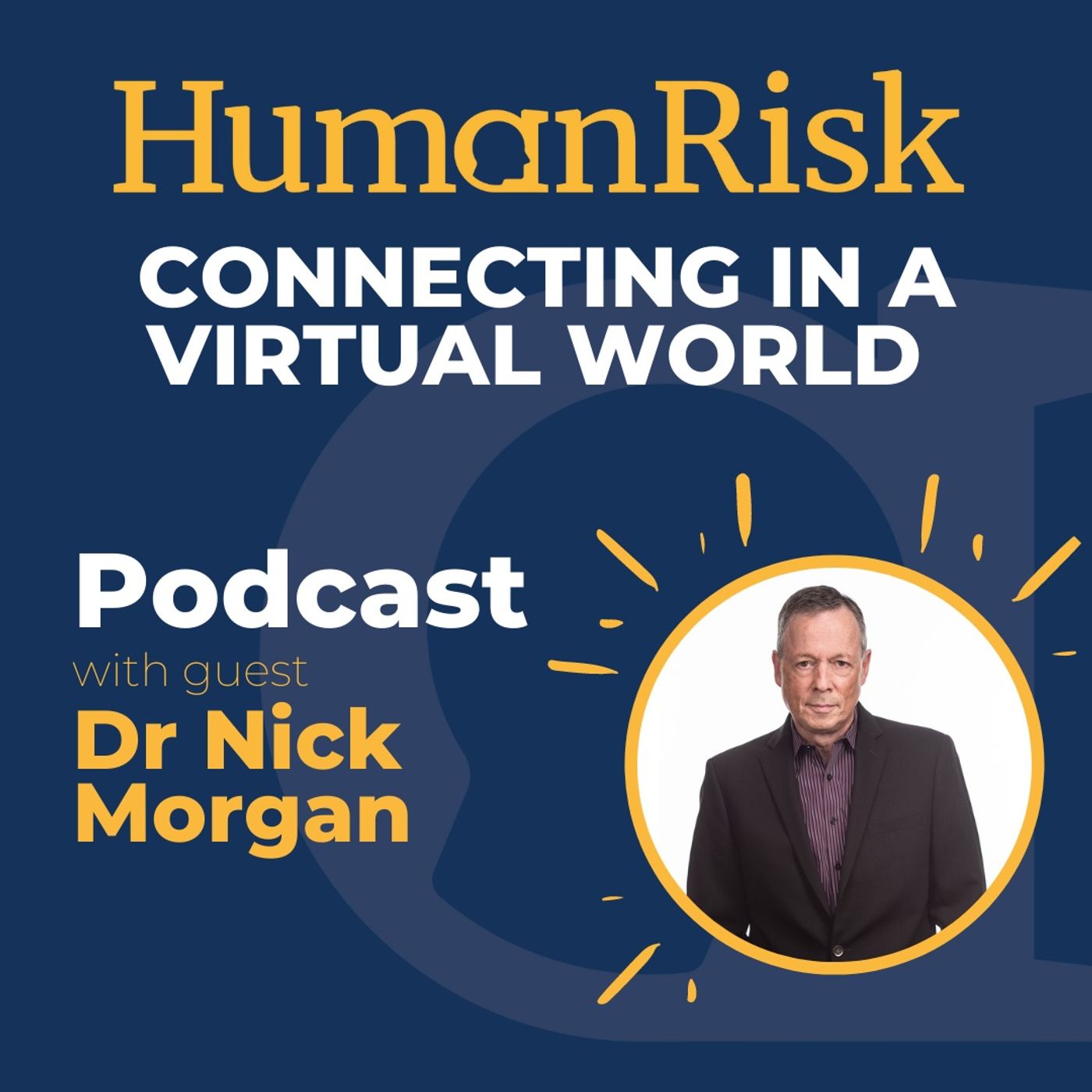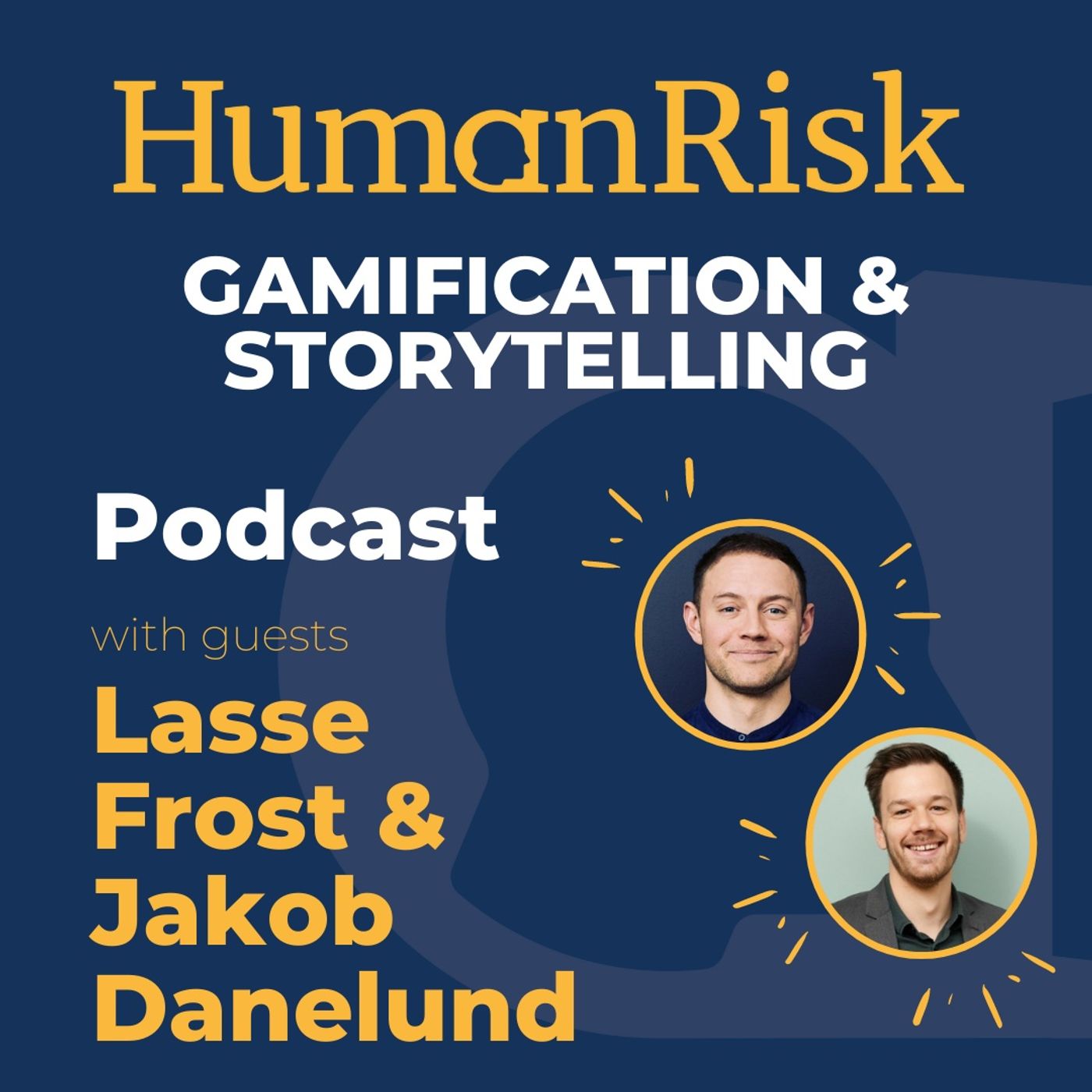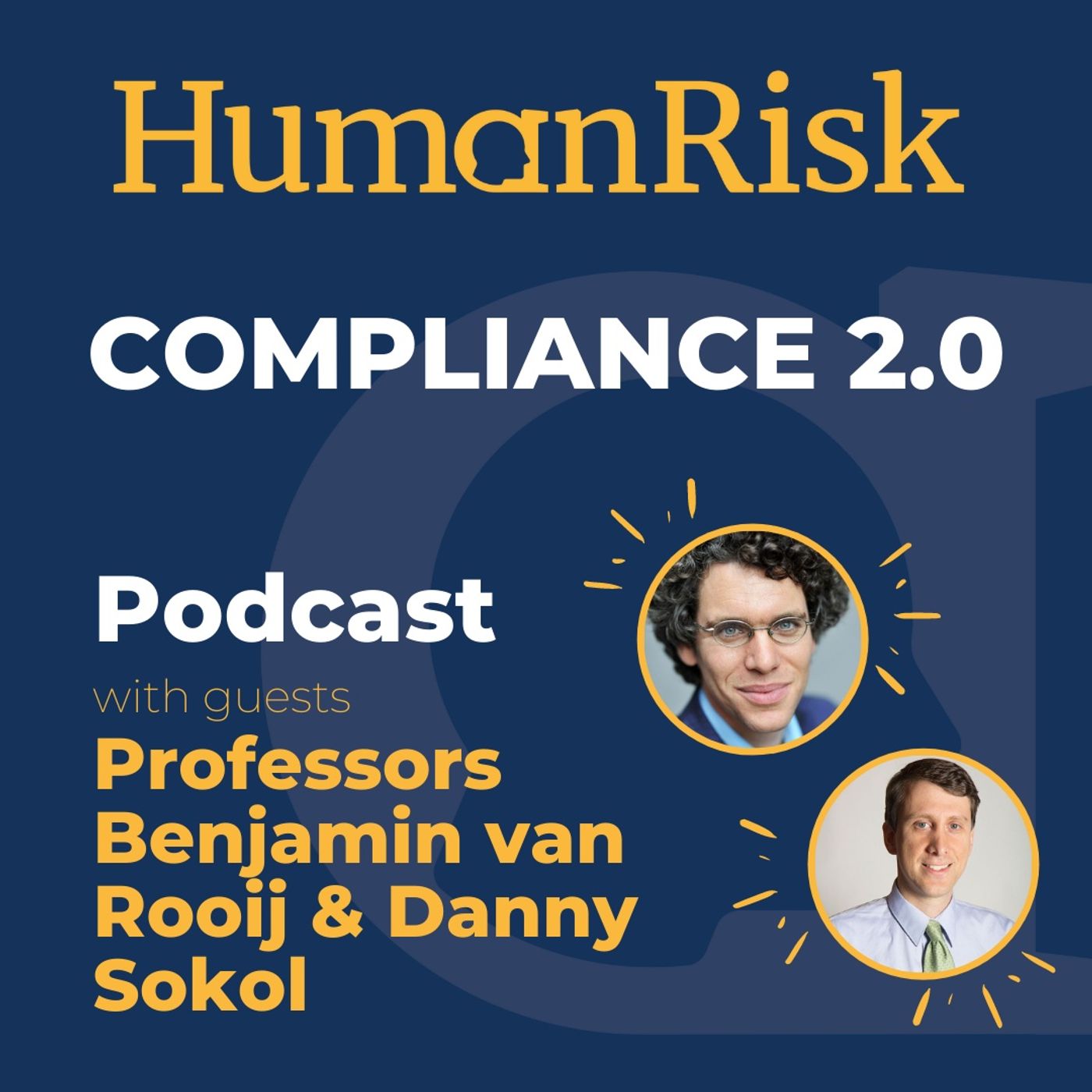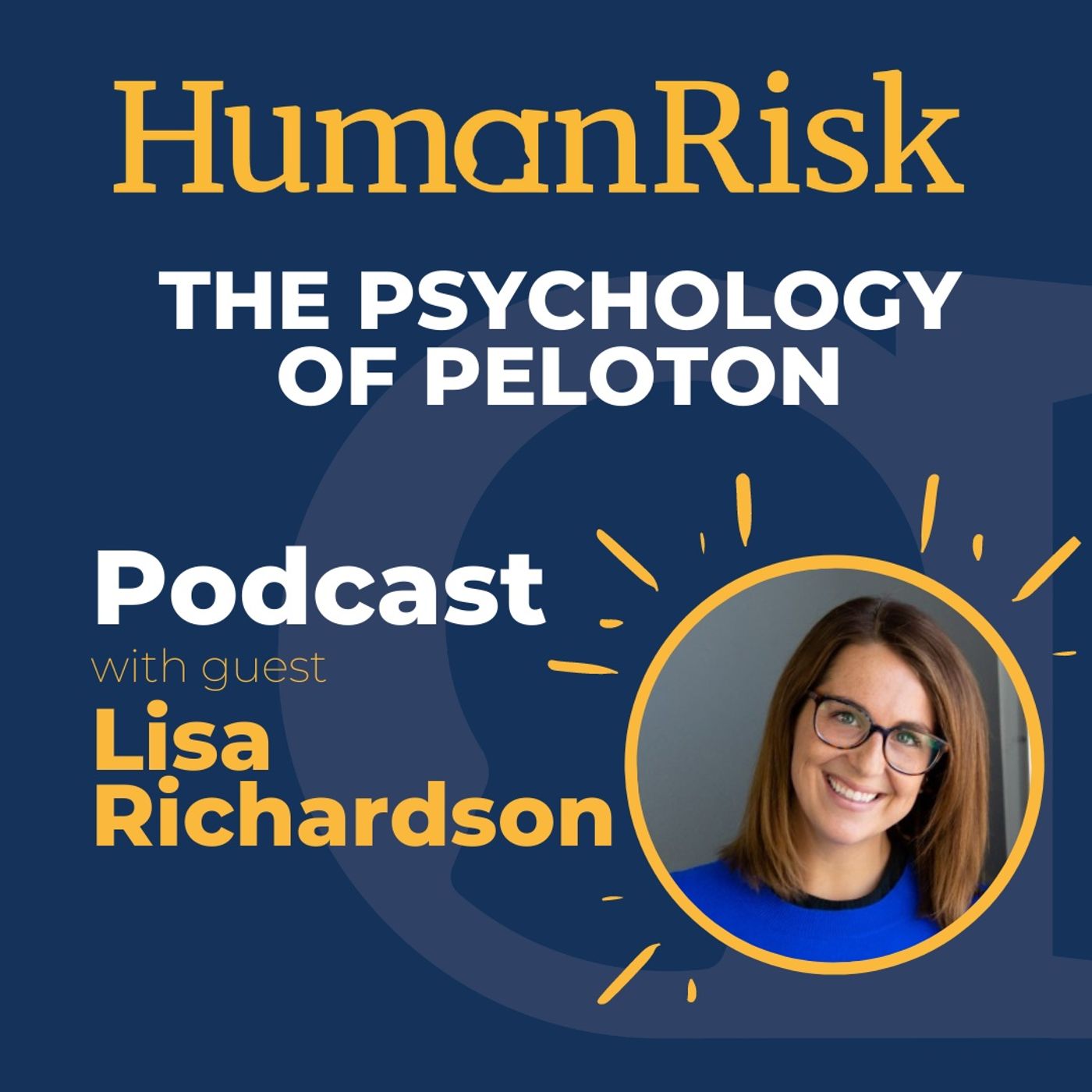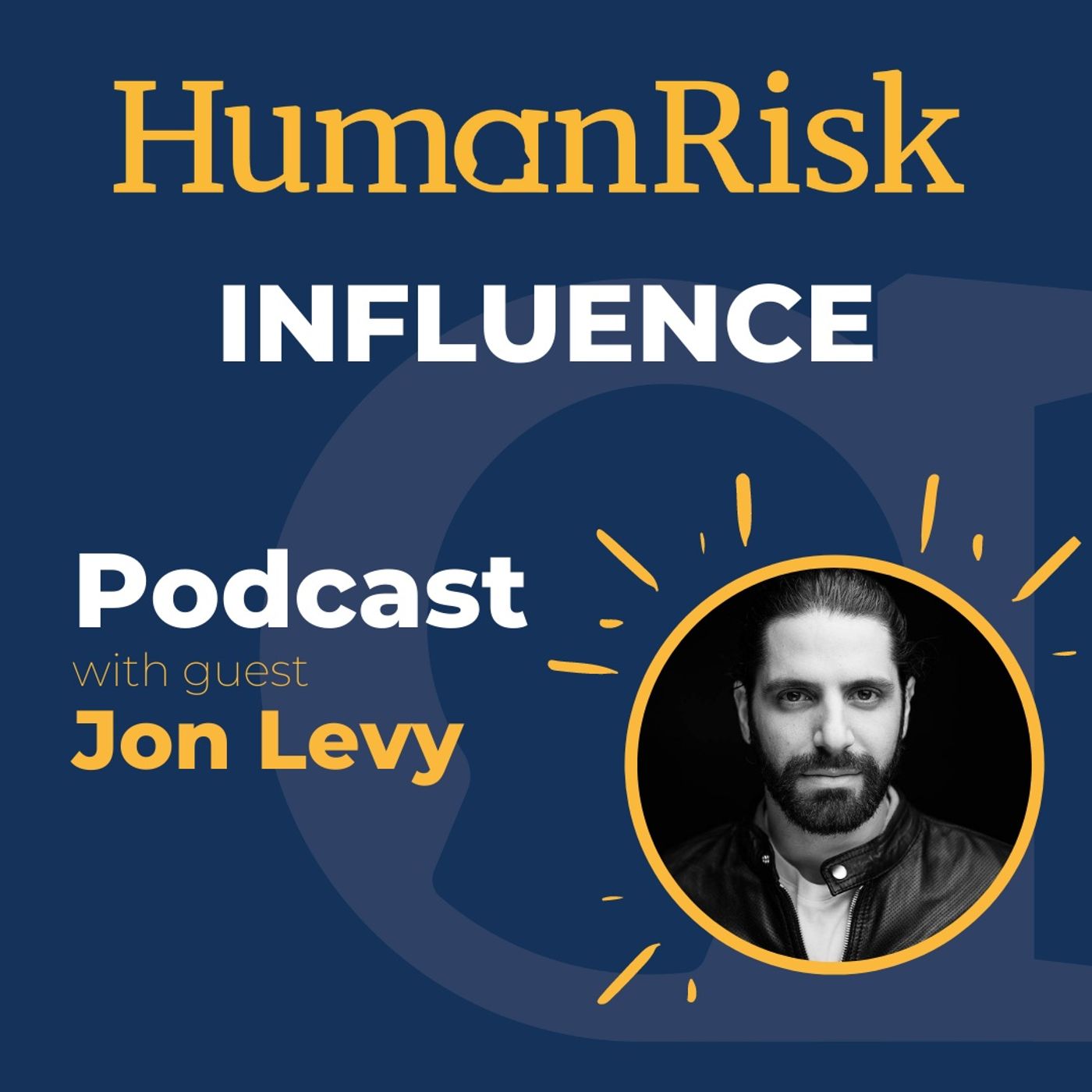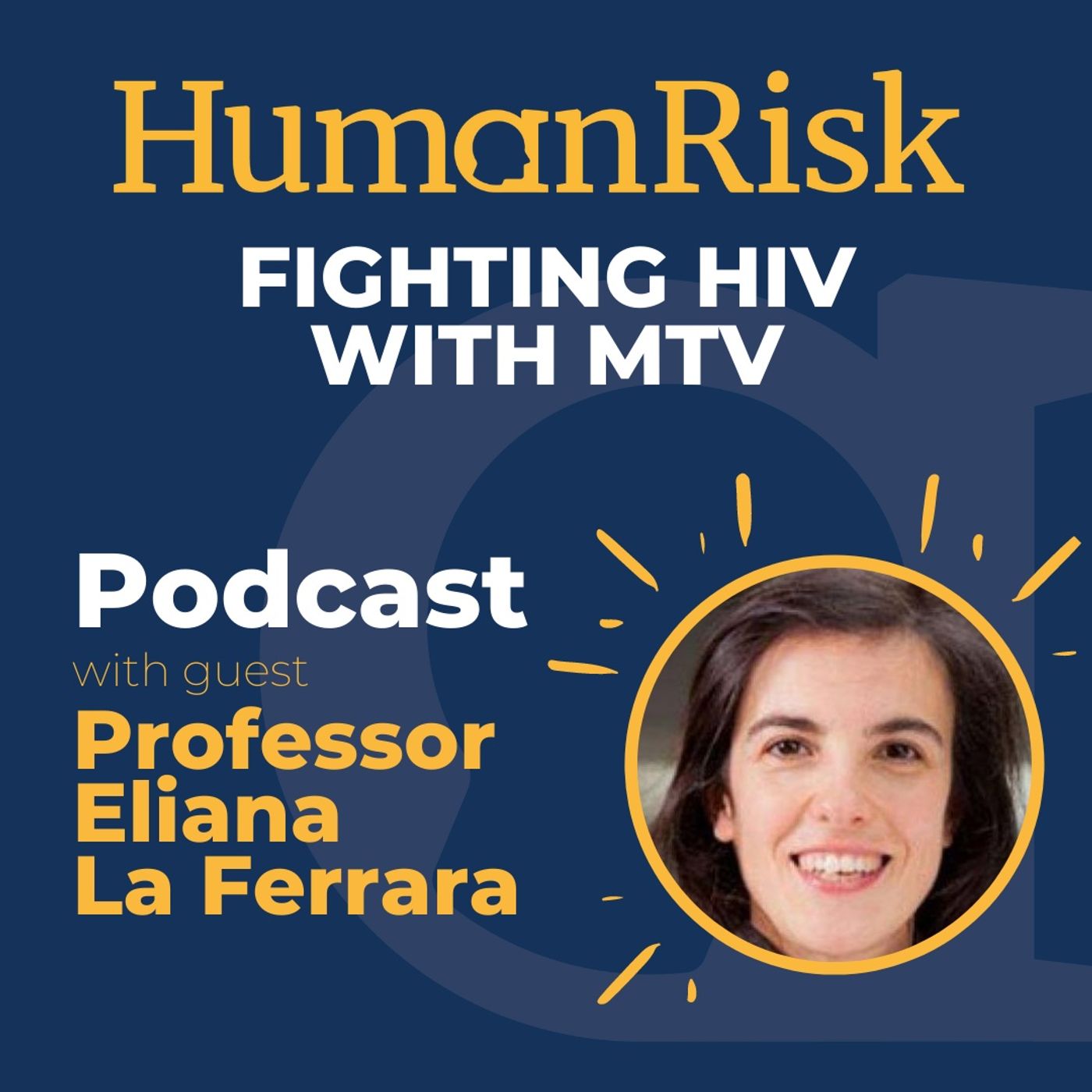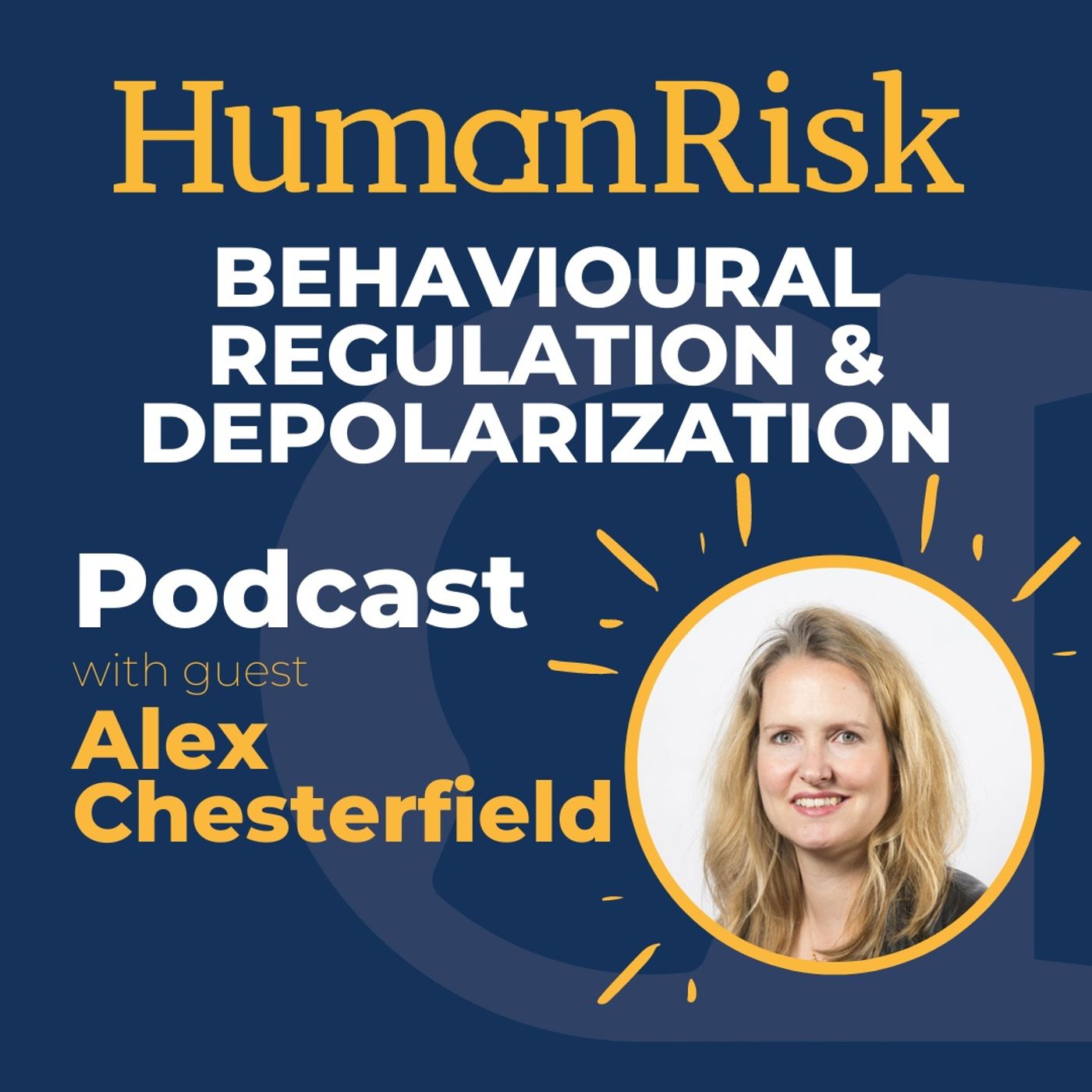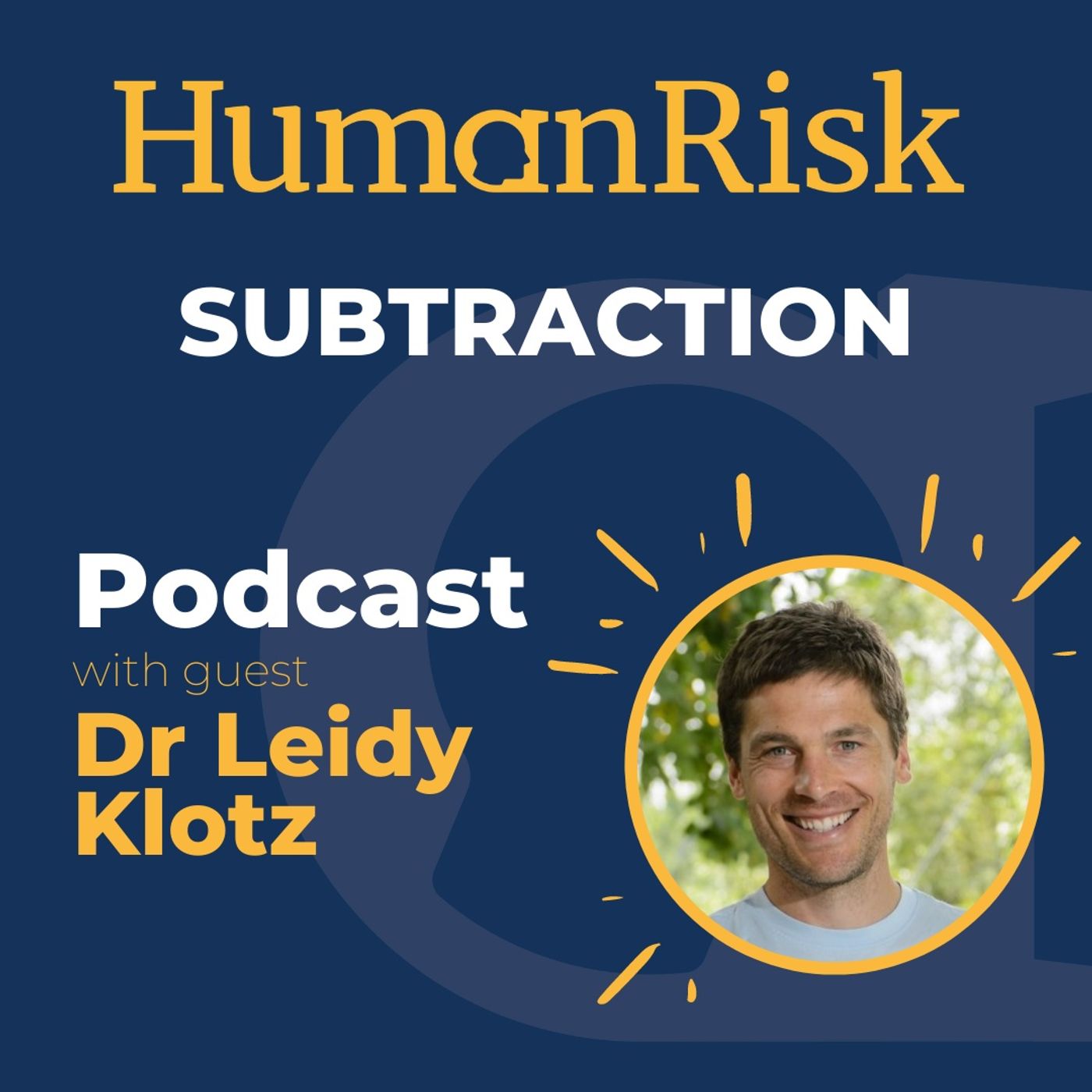Episodes
Nov. 21, 2021
Mary Shirley on Women In Compliance
How can diversity help make Compliance functions more effective? My guest, Mary Shirley is a compliance professional who has been working to promote women in compliance. She’s the co-host of The Great Women in Compliance podcast and the co-author of...
Nov. 10, 2021
Pete Dyson on making transport more human
How can we make transport more human? On this episode, I'm exploring the human risk dynamics of transport — both from the perspective of the traveller, but also from the perspective of those who run and design transport networks and policy.
Every...
Oct. 23, 2021
Professor Ian McCarthy on the business of being counter-intuitive
How can counter-intuitive thinking help us to make better business decisions? It’s something that Professor Ian McCarthy explores in his research.
Ian has been on the show before, talking about his research Into workplace bullshit. You can hear...
Oct. 16, 2021
Dane McCarrick on Home Advantage
What impact do crowds have on football ⚽️games? Is there such a thing as 'home advantage'? It's a question that is of interest to those of us who watch the sport, but also to non-sports fans because it helps us to understand the psychology of how we...
Oct. 9, 2021
Michael Walford-Williams on Ethical Hacking of Human Controls
How can we assess the level of human risk we’re running in a control framework? Unlike technology, humans aren’t always reliable and how they behave under pressure may well be different to how they behave in normal situations.
My guest on this...
Oct. 3, 2021
Professor Vanessa Bohns on Influence
Why do we sometimes find ourselves feeling unable to influence other people? If you've ever found yourself thinking you're ineffective, invisible or inarticulate, then you're not alone. We've all experienced it. But what if it turned out that those...
Sept. 25, 2021
Taylor Edwards on Selling Compliance
What can Compliance learn from Sales? On the face of it, they're very different things: sales is about persuading customers to buy a service or product, whereas Compliance is about telling employees what to do or not do. Yet, perhaps surprisingly,...
Sept. 15, 2021
Jean-Marc Le Tissier on Communities
How can building a community help business? That's what my guest Jean-Marc Le Tissier helps me to understand on this episode.
We're all familiar with the idea of a community, in terms of where we live, but how might it be relevant for businesses...
Sept. 2, 2021
Mark Bowden on communicating effectively in a virtual environment
How can we communicate more effectively in a virtual environment?
My guest Mark Bowden is a body language expert who is well known for advising senior business leaders, celebrities and politicians on how to present themselves. He’s also the author...
Aug. 22, 2021
Dr Nihan Albayrak-Aydemir on Responses to Refugees
What determines how we individually react to refugees? That’s the question that my guest on this episode, Dr Nihan Albayrak-Aydemir, has explored in her PhD.
Nihan is originally from Turkey and came to the UK to study at LSE - the London School of...
Aug. 16, 2021
Alastair Thomson on Creative Accountancy
What is Creative Accountancy? That's what I'm exploring on this episode. It's a term I've invented — a deliberate play on the term 'Creative Accounting' — to describe the approach which my guest Alastair Thomson adapts to his role as an accountant....
Aug. 13, 2021
Dr Ruidi Shang on Crowdsourcing Human Risk Insights
How can we use crowdsourcing to obtain human risk insights?
We’re all familiar with companies that have faced big issues in terms of misconduct. When there’s a big scandal — whether that’s banks engaging in bad behaviour or the diesel emissions...
Aug. 7, 2021
Professor Elizabeth Sheedy on Biases, Blindspots & Bonuses
What causes human risk in companies, particularly at senior levels? That's what my guest on this episode, Professor Elizabeth Sheedy, has been exploring in her research. And she's just published a new book called Risk Governance: Biases, Blindspots...
Aug. 2, 2021
Gareth Lock on Human Risk in Diving
How do human factors influence an inherently risky activity like scuba diving?
That’s what my guest on this episode, Gareth Lock explores in his work as the founder of The Human Diver — a company that specialises in teaching the diving community...
July 27, 2021
Professor Olivier Sibony on Noise
Why might judges in the same Court give vastly different sentences for the same crime? The answer is noise. When experts who assess the same situation come to very different conclusions for no good reason, we risk bad outcomes.
On this episode, I’m...
July 20, 2021
Richard Fenning on Tales from the Risk Business
How can we manage risk in an increasingly complex world?
My guest on this episode, Richard Fenning, has spent three decades advising multinational companies on geopolitics and security crises. He’s been involved in helping to manage situations...
July 16, 2021
Dr Nick Morgan on connecting in a virtual world
How can we make better connections when we're on virtual calls and webinars? My guest on this episode, Dr Nick Morgan is a speaking coach and writer who helps people to find their voice in a physical and virtual world. For personal reasons, that he...
July 7, 2021
Lasse Frost & Jakob Danelund on Gamification & Storytelling
If we want to mitigate human risk, we need to engage the humans that might crystallise it. But how can we do that effectively?
My guests, Lasse Frost and Jacob Danelund have been working on this challenge for some time. Their focus is on engaging...
July 2, 2021
Professors Benjamin van Rooij & Danny Sokol on Compliance 2.0
What does the word 'compliance' mean? On the face of it, we've all had experience of it under COVID as governments have introduced rules to influence our behaviour to stop the spread of the virus. But its influence is far broader than that, with...
June 27, 2021
Lisa Richardson on the Psychology of Peloton
Why is Peloton - a company that sells bikes that allow you to take on-demand and live classes at home - so successful? With a Net Promoter Score of 94 (that's 94% of customers who would recommend it to someone else), there must be a psychological...
June 23, 2021
Jon Levy on Influence
How can we create better connections with other people to help us meet our objectives?
On this episode, I’m speaking to a Behavioural Scientist that was introduced to me by my good friends Tim Houlihan and Kurt Nelson, hosts of the Behavioral...
June 19, 2021
Professor Eliana La Ferrara on fighting HIV with MTV
What does MTV have to do with fighting HIV?
My guest on this episode Professor Eliana La Ferrara of Bocconi University in Milan knows the answer and she joins me to tell me more about her work as a development economist. Her specialism is in...
June 16, 2021
Alex Chesterfield on Behavioural Regulation & Depolarization
On this episode, I'm tackling two seemingly unrelated topics: how regulators use Behavioural Science & Depolarization. What combines the two is my guest Alex Chesterfield. She's a Behavioural Scientist that has worked inside a regulator, looking at...
June 10, 2021
Dr Leidy Klotz on Subtraction: the untapped science of less
Why, when solving problems, do we tend towards addition, rather than subtraction? Not in a mathematical sense, but rather in terms of how we think about things? That's what my guest on this episode Dr Leidy Klotz, has been exploring in some research...
